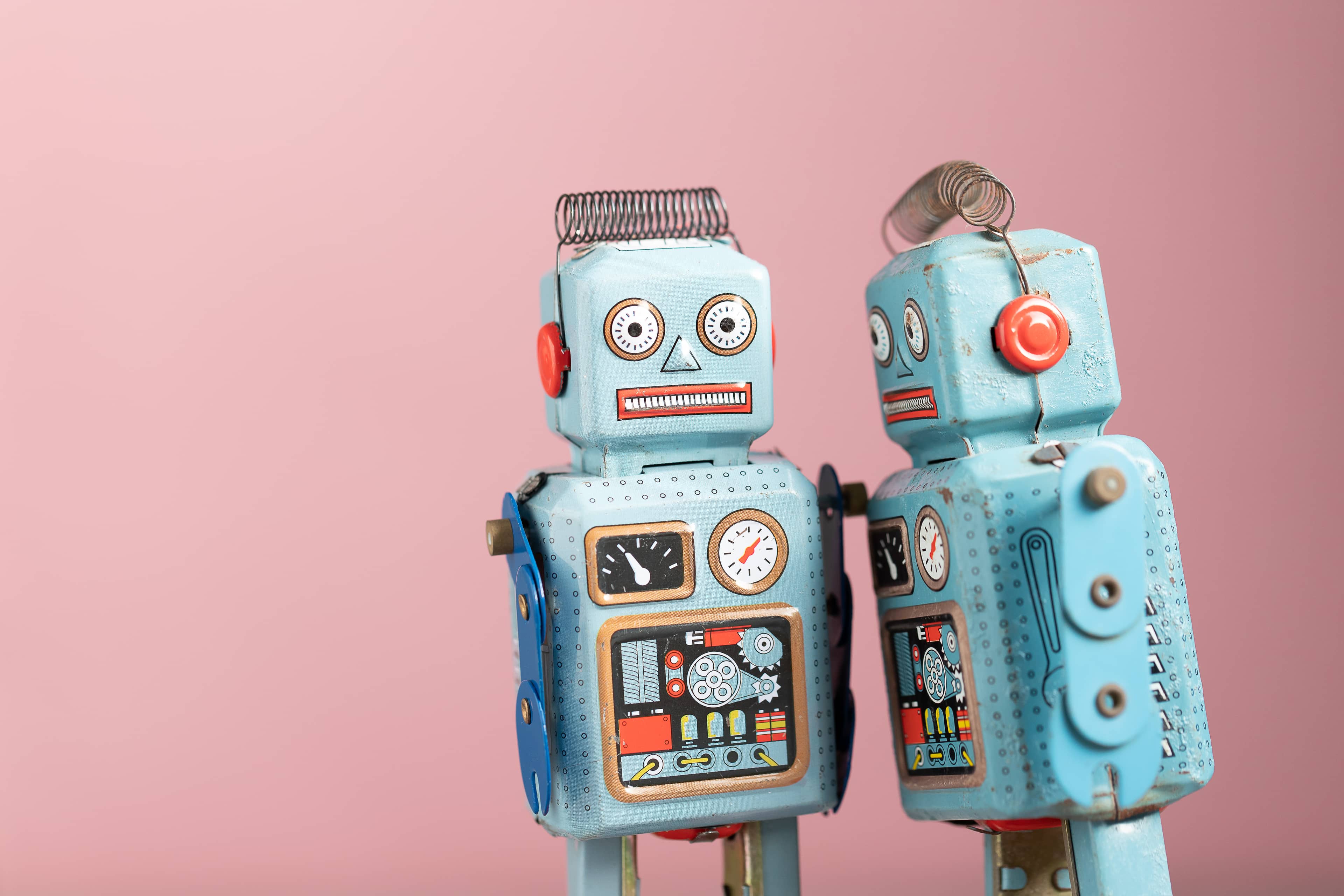Are Robots Coming For Your Job?.
We’re now well into Autumn here in the UK (can you believe it?). The nights are beginning to draw in, and the wind has picked up a touch. We’re by no means wishing 2023 goodbye just yet, but now seems the perfect time for us to get down some early predictions that we feel are in store for 2024.
Date
2/7/2020
Sector
Insights
Subject
Trends
Article Length
2 minutes

Generative AI Takes Center Stage.
Share Via:
The simple answer is probably not. However the question of the extent to which it will impact jobs across a variety of industries is still widely debated.
Machine learning software such as Lex Machina which is already in use within the law profession and is actively reading litigation from previous cases so it can determine where best to file a lawsuit, giving the case the best possible chance of success. Reading previous litigation and mapping out previous court proceedings to favour you is nothing new however a machine doing the heavy lifting, is. What could have taken a large team of lawyers months to determine will take one to set the parameters and a click of a mouse to find the answer. However, this doesn’t look to discredit the work of paralegals or lawyers themselves and there will still need to be a human to stand up and provide evidence, a human to cross-examine, and a human to deliver a verdict.
AI and robotics alike, both impact and change roles, but they don’t necessarily take them away. Comparisons have been made to the Industrial Revolution in the 18th century, which saw Britain move from predominantly cottage industry to a nation driven by steam and vast factories, thus experts have begun coining our current period of AI advancements as the ‘fourth industrial revolution’. It’s important also to recognise the significance of the economic prosperity that the industrial revolution brought to Britain. By the end of the 1850’s through to 1900, wages in the UK jumped 180% . Corroborating evidence can also be seen in the below graph from the Bank of England, which suggests unemployment rates stayed for the most part between 5 and 10% going back as far as 1762, the dawning of the internet only serving in helping secure those figures.
Courtesy of the Bank of England
Leading Robotics Process Automation company, Automation Anywhere released the findings of a global study that encompassed more than 100,000 office workers found that office workers spend an average of 3 hours a day on repetitive computer tasks that aren’t a part of their primary role. 47% of workers said they found manual data entry boring, and 48% said it was a bad use of their skillset. The most startling statistic to come from the study was that 52% of respondents stated that they “Could be more productive if they had less administrative tasks to complete”.
So, will a robot take your job in the future? It’s a tough question to answer, estimates by Oxford Economics suggest up to 20 million manufacturing jobs will be lost to robots by 2030. Depending on your role, these statistics can seem quite damning, but it’s important to remember that we’ve been in a similar position before, and if the industrial revolution is anything to go by, we’ll find a way of creating employment in pockets of industry, which are at least for the moment, untouchable for AI and robotics. More comforting perhaps, is in the likely event of process automation or AI being introduced into you workplace, it would be to eleviate the afforementioned tasks that the majotiry of us loath.
However, if you’re still worried, the BBC have a handy quiz that will let you know how at risk you are. And, if it does turn out that you’re at high risk, take a look at some future career opportunities that could be available to you, just around the bend.
Written by our February guest:
John Connor, Founder at Dooey
Dooey is a nonlinear messaging app that keeps you informed
www.dooeyapp.com
Co-written by Hamish Kerry, Marketing Executive at Arch